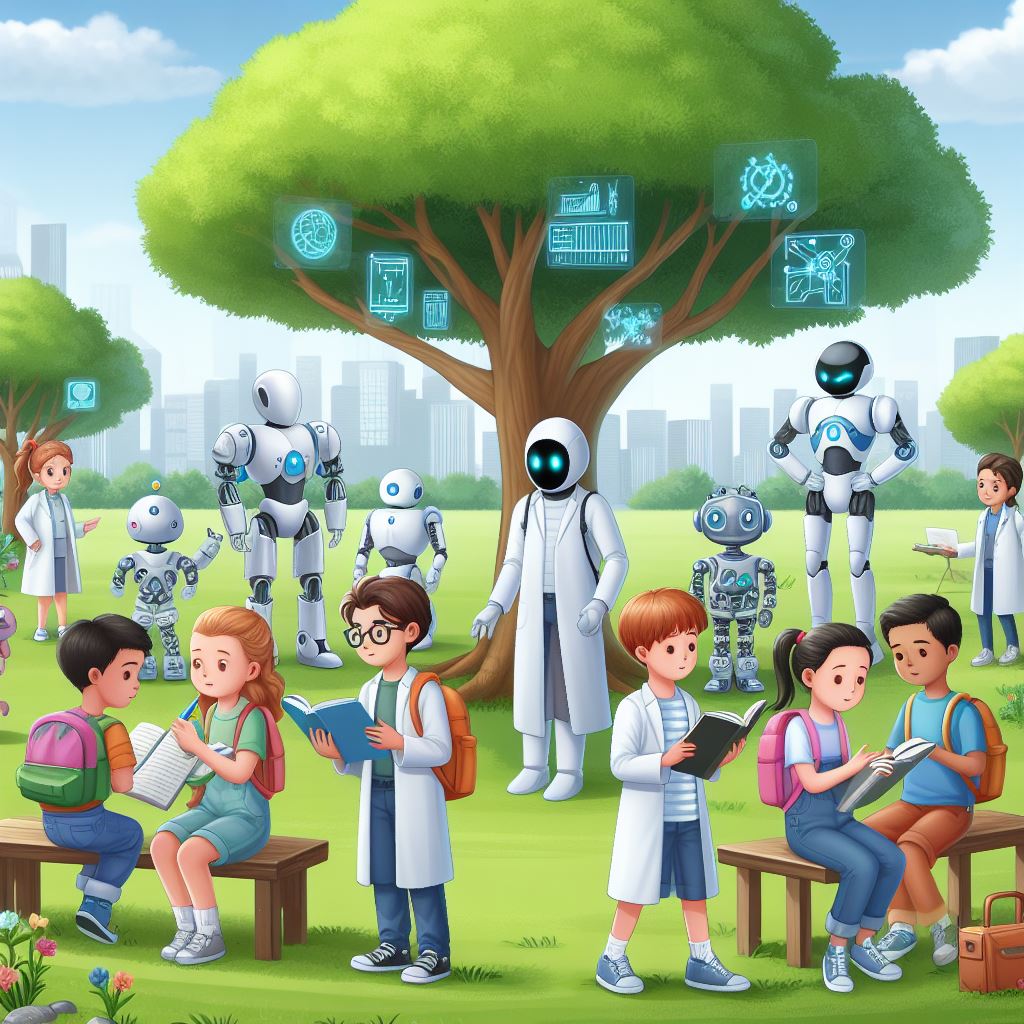
Does the motto “If you don’t understand it, DON’T DO IT” apply to Artificial Intelligence?
In the current era, Artificial Intelligence (AI) has positioned itself as a ubiquitous tool in a variety of industries, from healthcare to autonomous vehicle driving. However, as its use expands, a crucial question arises: does the premise “If you don’t get it, DON’T DO IT!” apply in the realm of AI? This question not only addresses the technical and ethical challenges of AI, but also questions the human responsibility behind its development and application. In this article, we will explore this question, examining possible solutions and reflecting on the importance of fully understanding the implications of AI.
Table of Contents
ToggleUnderstanding the Premise
Before diving into the world of Artificial Intelligence, it is critical to understand the underlying premise: “If you don’t UNDERSTAND IT, DON’T DO IT!”. This phrase encapsulates the notion that before taking any action, it is crucial to fully understand its ramifications, implications and consequences. In the context of AI, this premise takes on even greater importance due to the complexity and scope of the technologies involved.
The Challenges of Artificial Intelligence
AI, in its most basic form, is the ability of machines to perform tasks that normally require human intelligence. However, this simple definition encompasses a number of complex challenges. One of the main challenges lies in understanding and interpreting data. AI algorithms rely heavily on data sets to learn and make decisions. If these data sets are biased or incomplete, they can lead to inaccurate or even harmful results.
In addition, there are ethical concerns about the impact of AI on society. From algorithmic discrimination to job losses due to automation, irresponsible implementation of AI can have devastating consequences. Therefore, it is critical that those involved in the development and application of AI fully understand how it works and its implications.
The Importance of Understanding in AI
In the context of AI, the premise “If you don’t Understand it, DON’T DO IT!” takes on even greater relevance. A thorough understanding of algorithms, datasets and ethical implications is essential to mitigate the risks associated with AI. This involves not only understanding how an algorithm works on a technical level, but also taking a broader view of how it will be integrated into society and how it will affect people.
Solutions for Responsible Application of AI
To address the question posed, it is critical to identify solutions that promote the responsible application of AI. One of the most important solutions is transparency. AI developers must be transparent about how their algorithms work, what data they use, and how it is being used in practice. This allows for greater oversight and evaluation by independent experts and society at large.
In addition, education plays a crucial role in promoting a broader understanding of AI. From an early age, it is important to teach people about the basics of AI, including its benefits and its risks. This not only helps foster a culture of responsibility and ethics around AI, but also prepares future generations to face the challenges it brings.
Another important solution is multidisciplinary collaboration. AI is not only a technical field; it also has ethical, legal, social and economic implications. Therefore, it is crucial to involve experts from various disciplines in the development and implementation of AI. This ensures a more holistic perspective and helps to identify potential problems before they become crises.
Responsibility in the Age of AI
Ultimately, the premise “If you don’t Understand it, DON’T DO IT!” is vitally important in the context of Artificial Intelligence. Responsible application of AI requires a thorough understanding of its technical complexities and its ethical and social implications. By adopting an approach based on transparency, education and multidisciplinary collaboration, we can move towards a future where AI is used ethically and responsibly for the benefit of society as a whole. In a world where technology is advancing by leaps and bounds, human responsibility remains the most important ingredient in ensuring a sustainable and equitable future.



